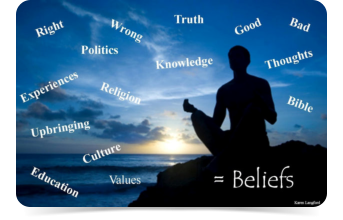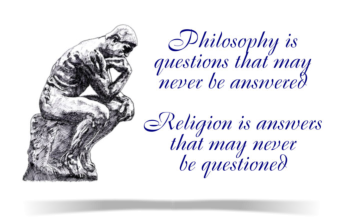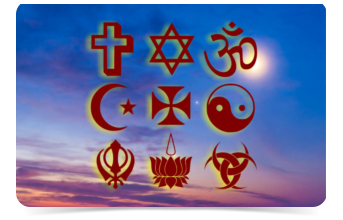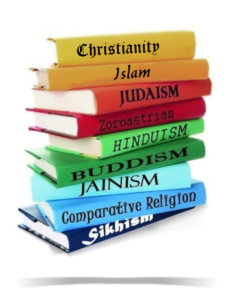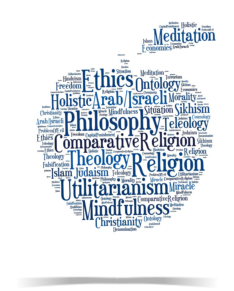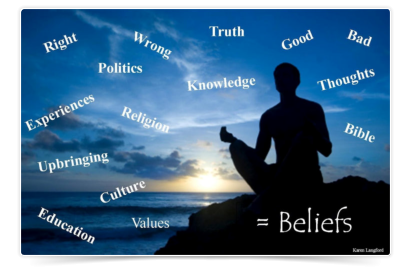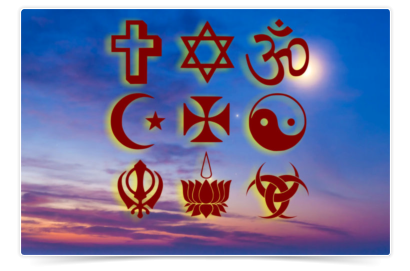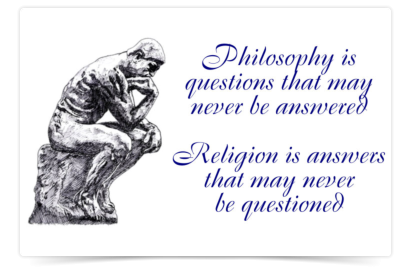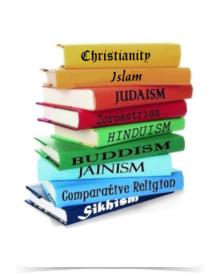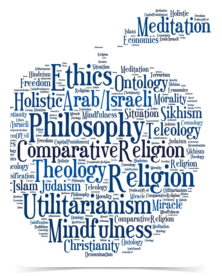Get in touch
Contact PDIU
Book a Visit
copyright © 2021 Pro Deo International University

Security
Privacy Statement
Reporting Security Issues
Faculty of Theology and Philosophy
“Only by understanding can we fulfil our Spirituality”
Theology
and
Philosophy
together
create
some
of
the
most
valuable
methodologies
to
understanding
and
evaluating
the
intellectual
claims
of religion.
Theology
comes
in
two
forms,
philosophical
and
religious.
Philosophical
theology
is
a
part
of
philosophy.
It
uses
natural
human
reason
to
explore
the
greatest
of
all
questions,
the
questions
about
God.
Religious
theology
is
a
logical
exploration
of
the
meaning
and
consequences
of
faith
in
a
revealed
religion.
Studying
Theology
provides
the
student
with
an
understanding
of
the
intellectual
foundation
of
religious
beliefs,
traditions,
rituals,
and
principles
as
well
as
the
social
and
cultural
perspectives
for
religious
belief
and
practice.
Theology
combine
a
wide
range
of
skills
and
disciplines,
historical,
textual,
etymological,
linguistic,
sociological,
literary-critical
and
philosophical.
"Philosophy"
means
"the
love
of
wisdom."
Wisdom
is
the
understanding
of
ultimate
causes,
explanations
and
principles.
It
includes
knowledge
of
values,
not
just
facts.
It
gives
you
a
"big
picture,"
a
"world-view"
and
a
"life-view."
It
explores
such
questions
as
these:
What
is
the
essence
of
a
human
being?
What
is
the
value
and
purpose
the
human
life?
What
is
a
good
life?
Is
there
a
higher
law
than
ours?
Are
we
here
by
chance
or
design?
How
do
we
know
what
is
good
or
evil?
Philosophy
develops
systematic
objectivity
and
the
ability
to
be
able
to
criticise
and
reason
logically.
It
allows
the
student
to
apply
these
skills
to
many
modern
and
historical
schools
of
thought
and
individual
thinkers.
It
allows
the
student
to
questions
ranging
from
how
knowledge
is
acquired
by
us
and
how
to
form
moral
judgements
to
fundamental
questions
in
the
philosophy
of
religion,
including
the
existence
and
nature
of
God
and
the
significance
of
religion
to
human
life
Website
Reporting Website issues

Get in touch
Contact PDIU
Book a Visit
Security
Privacy Statement
Reporting Security Issues
Website
Reporting Website issues

Faculty of Theology and Philosophy
“Only by understanding can we fulfil our Spirituality”
Theology
and
Philosophy
together
create
some
of
the
most
valuable
methodologies
to
understanding
and
evaluating the intellectual claims of religion.
Theology
comes
in
two
forms,
philosophical
and
religious.
Philosophical
theology
is
a
part
of
philosophy.
It
uses
natural
human
reason
to
explore
the
greatest
of
all
questions,
the
questions
about
God.
Religious
theology
is
a
logical
exploration
of
the
meaning
and
consequences
of
faith
in
a
revealed
religion.
Studying
Theology
provides
the
student
with
an
understanding
of
the
intellectual
foundation
of
religious
beliefs,
traditions,
rituals,
and
principles
as
well
as
the
social
and
cultural
perspectives
for
religious
belief
and
practice.
Theology
combine
a
wide
range
of
skills
and
disciplines,
historical,
textual,
etymological,
linguistic,
sociological,
literary-
critical and philosophical.
"Philosophy"
means
"the
love
of
wisdom."
Wisdom
is
the
understanding
of
ultimate
causes,
explanations
and
principles.
It
includes
knowledge
of
values,
not
just
facts.
It
gives
you
a
"big
picture,"
a
"world-view"
and
a
"life-view."
It
explores
such
questions
as
these:
What
is
the
essence
of
a
human
being?
What
is
the
value
and
purpose
the
human
life?
What
is
a
good
life?
Is
there
a
higher
law
than
ours?
Are
we
here
by
chance
or
design?
How
do
we
know
what
is
good
or
evil?
Philosophy
develops
systematic
objectivity
and
the
ability
to
be
able
to
criticise
and
reason
logically.
It
allows
the
student
to
apply
these
skills
to
many
modern
and
historical
schools
of
thought
and
individual
thinkers.
It
allows
the
student
to
questions
ranging
from
how
knowledge
is
acquired
by
us
and
how
to
form
moral
judgements
to
fundamental
questions
in
the
philosophy
of
religion,
including
the
existence
and
nature
of
God
and
the
significance of religion to human life


- Department of Archaeology
- Faculty of Arts
- Caring Profession
- Development
- Engineering
- General Certification Courses
- ICT
- Hospitality and Tourism Studies
- Languages
- Management and Business College
- Faculty of Medicine
- Institute of Medicine and Surgery
- Institute of Medical Emergency Education
- Diploma for EMT - Paramedics
- Diploma in History of Medicine
- Masters in Emergency Medicine Management
- Masters in Healthcare Economics and Financial Management
- Masters in Healthcare Management
- Masters in History of Medicine
- Masters in Psychiatry
- Masters in Radiopharmaceutics
- Masters in Tissue Engineering and Regenerative Medicine
- Faculty of Theology and Philosophy
- Veterinary Sciences

scientia potentia est
Pro Deo
International University

Pro Deo International
scientia potentia est








